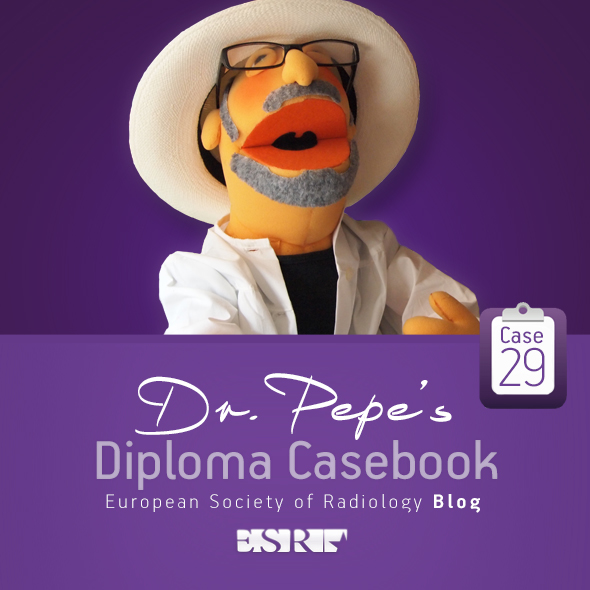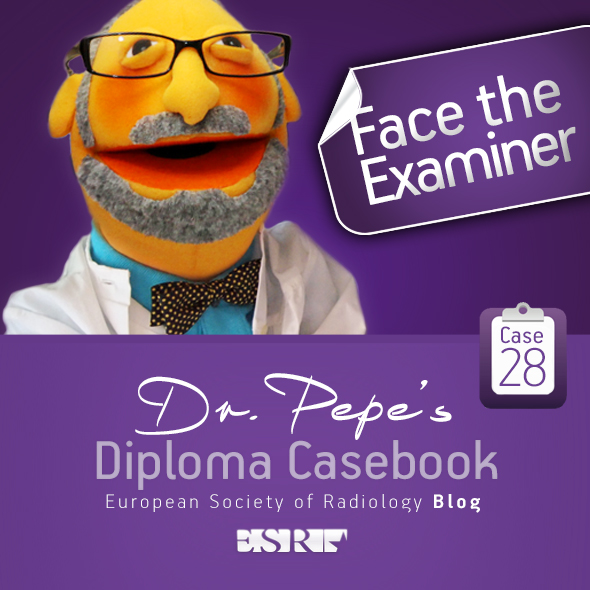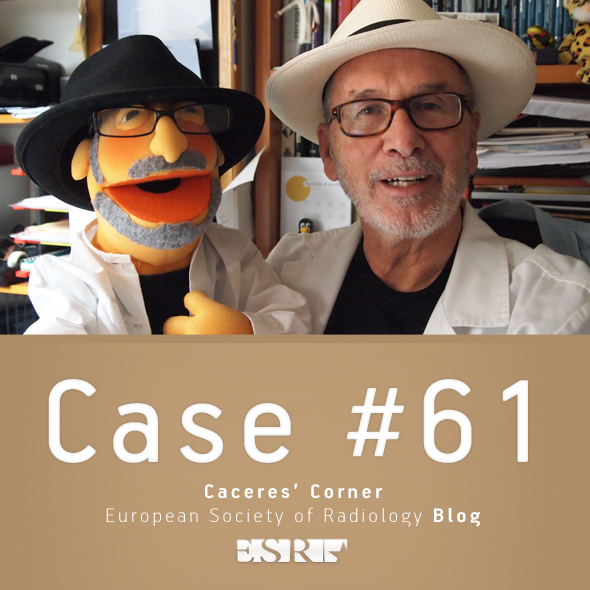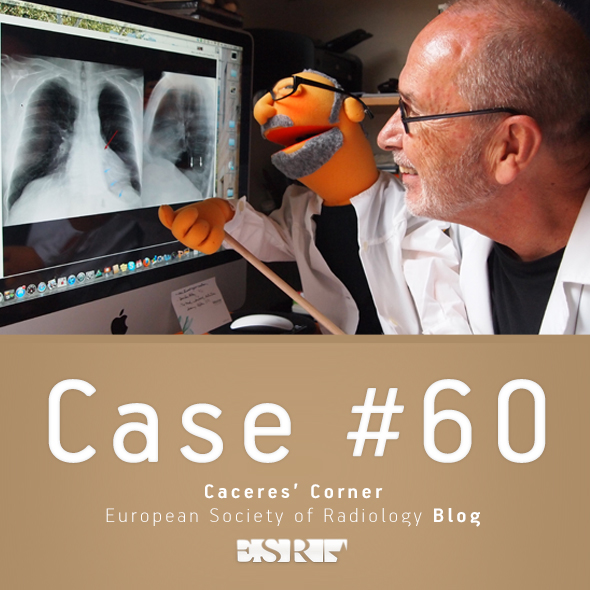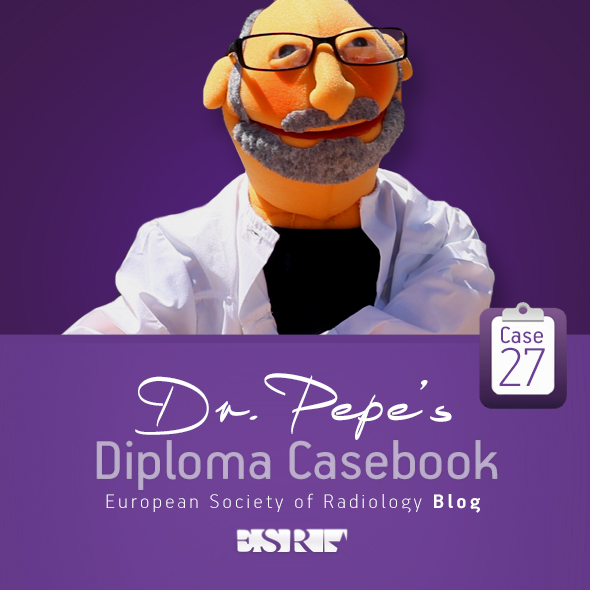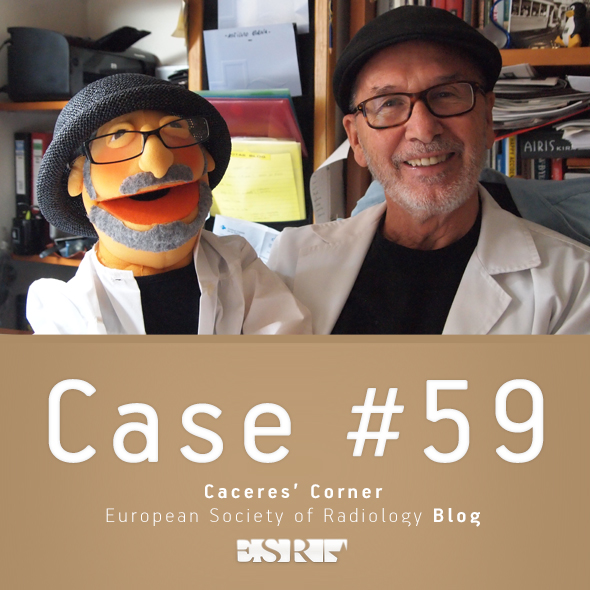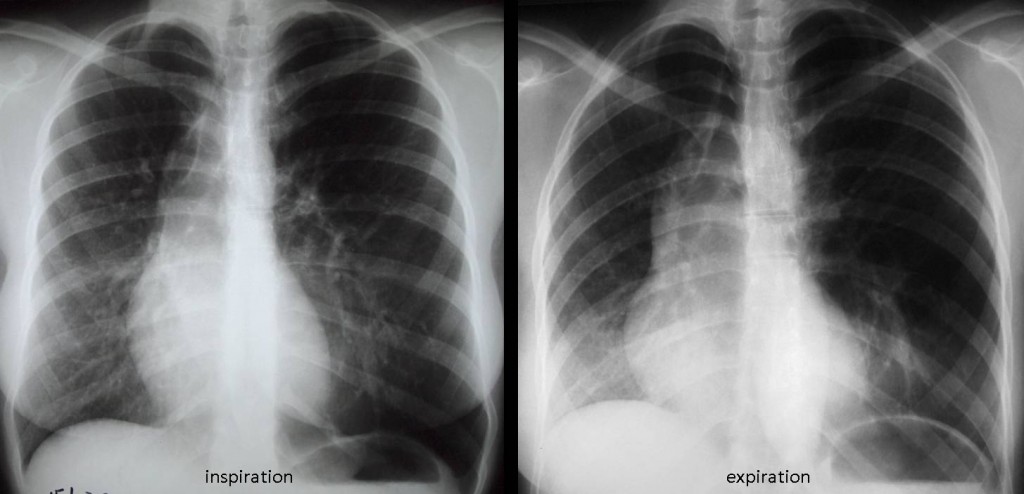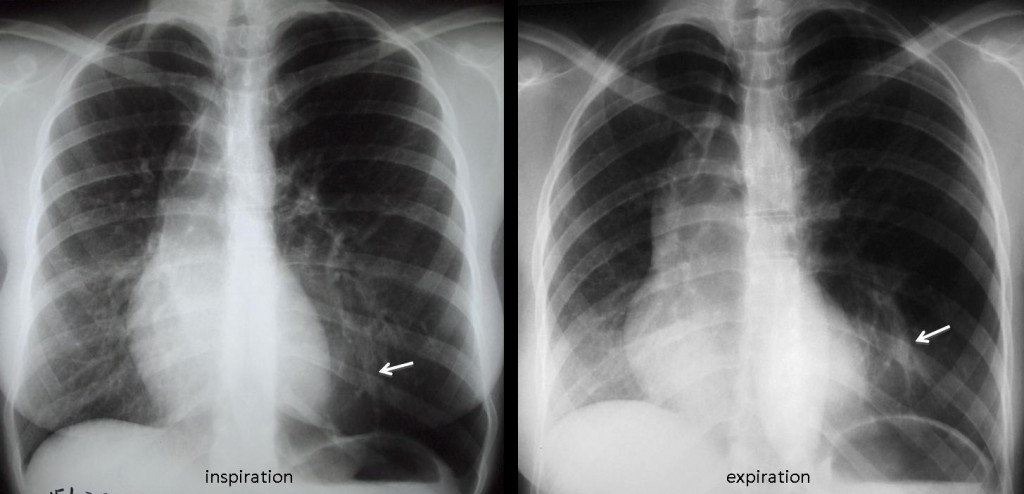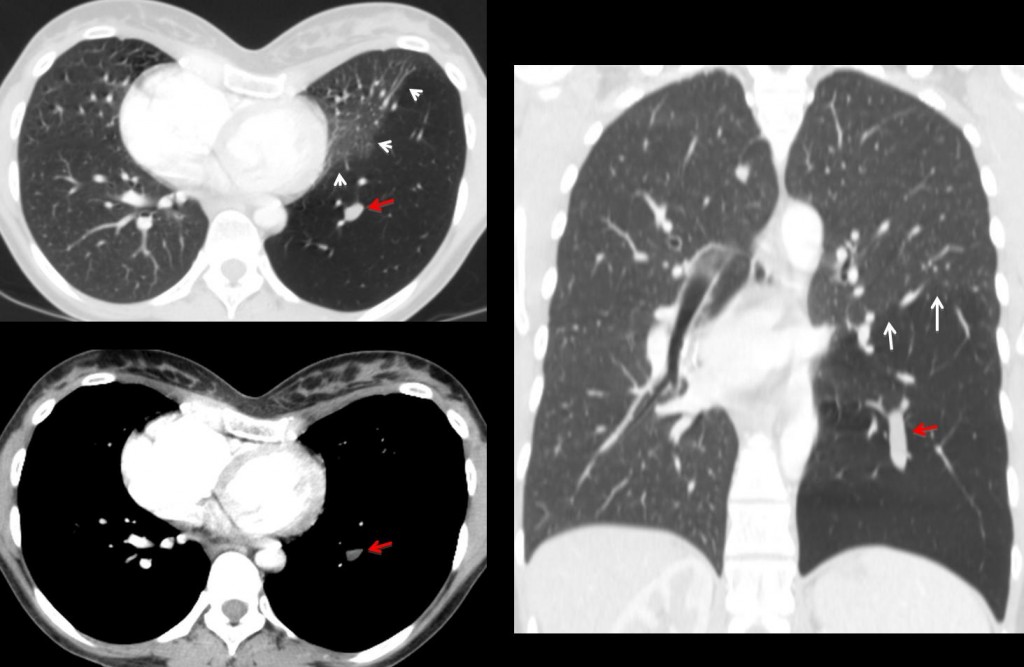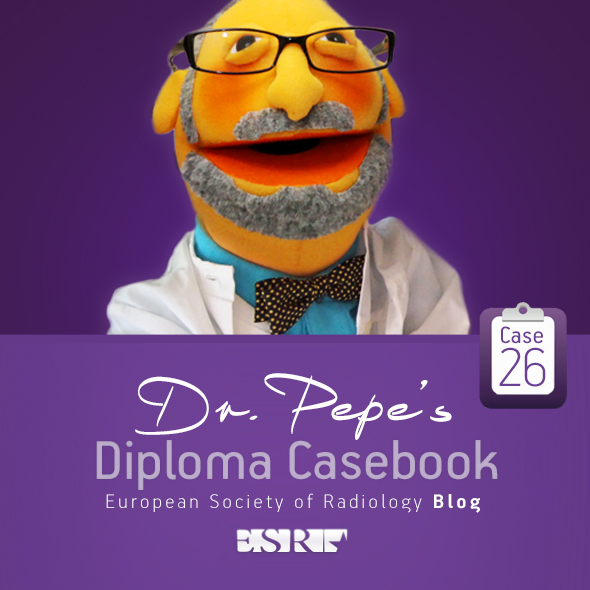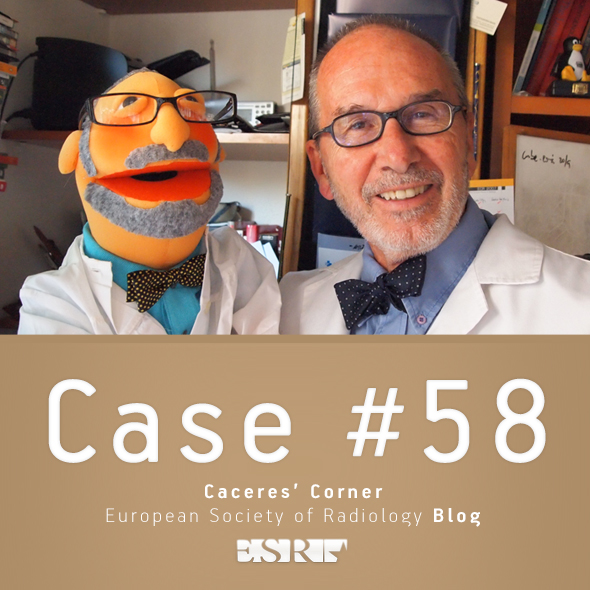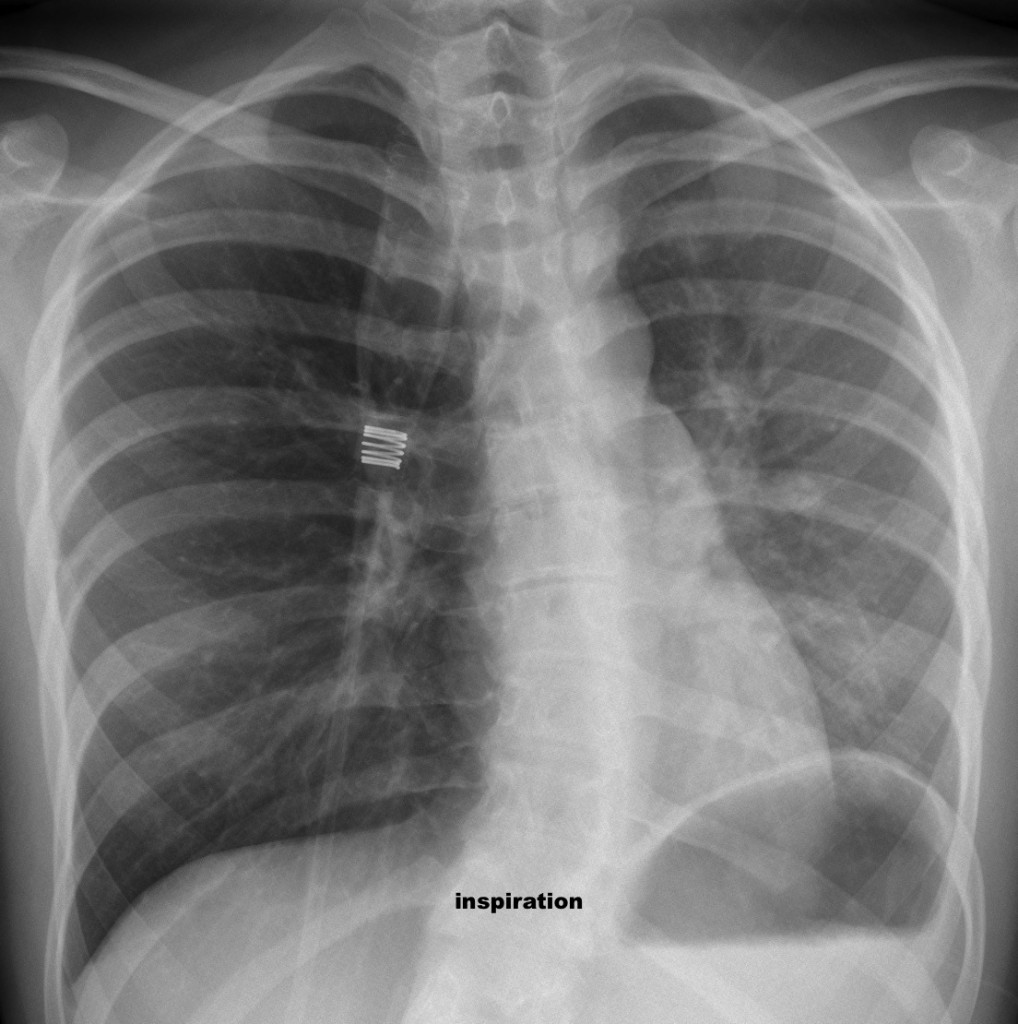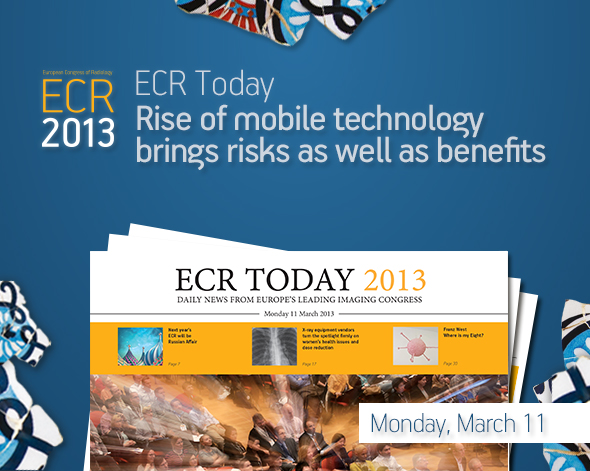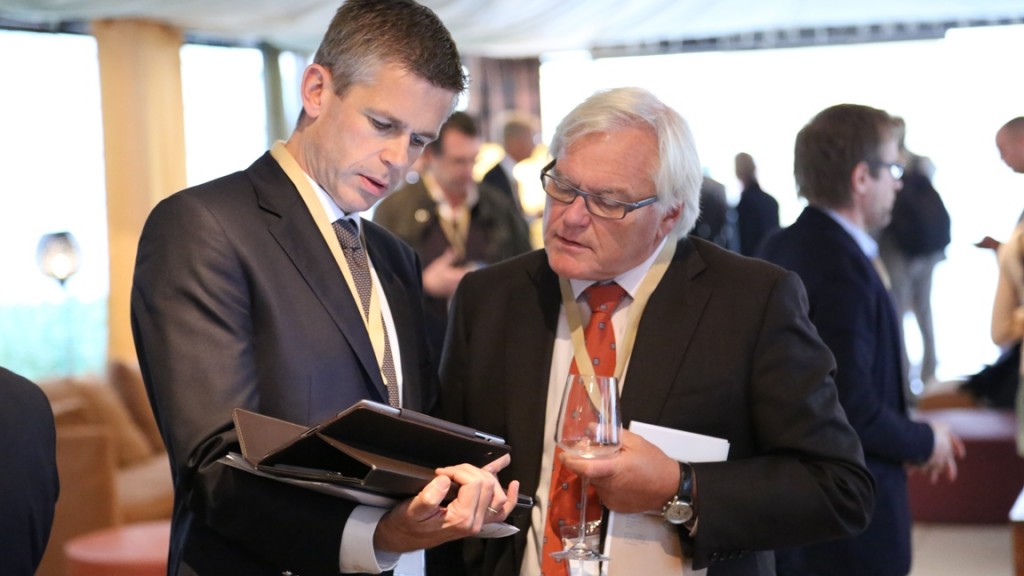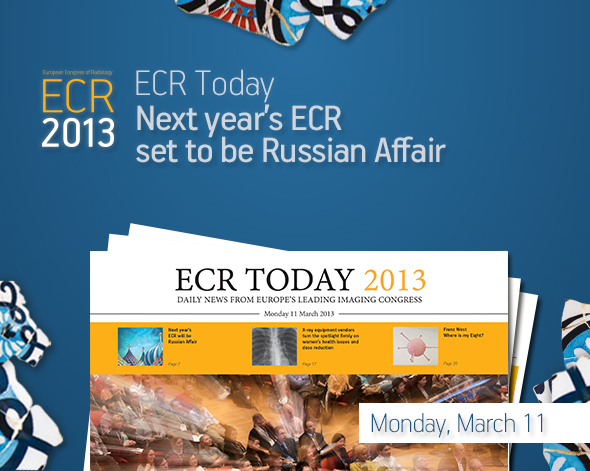
ECR Today spoke with the next ECR president, Prof. Valentin Sinitsyn. He is chief of the radiology department at the Federal Centre of Medicine and Rehabilitation in Moscow, Russia, and currently serves as president of the European Society of Cardiac Radiology (ESCR).
ECRT: What will be the main highlights of ECR 2014’s scientific programme?
Valentin Sinitsyn: Prepare for more interactivity. People are increasingly interested in interactive sessions to assess what they have learned from a lecture. The ECR has been developing interactive sessions for several years now, but we want to increase that. Today, you can find a lot of information on the internet and many people might not think it is necessary to travel to a congress. We want to create something attractive and show that it is worth coming here. Nothing can replace shaking hands with your colleagues from other countries. I would be very sad if the ECR were entirely online. This is why we are making live meetings more interactive.

ECR 2014 Congress President Valentin Sinitsyn, from Moscow, Russia.
We would also like to change the format of scientific sessions. Our lectures have the same format they had one or two hundred years ago: a stage and an auditorium. We are currently discussing the concept of a multimedia classroom, a model which was successfully introduced during the last SIRM congress in June 2012. This multimedia classroom offered 60 work stations from different companies with 25 different cases which were discussed at the end. We are currently discussing the structure with Professor E. Neri from Pisa, who was responsible for the scientific programme of that project.
Soon we are going to use smart phones for voting during audience response sessions. But wireless technology has its limits and sometimes networks crash, so it needs a lot of work. Keypads are an old technology but they are very reliable. I am sure that next year, or the year after that, everybody will be able to vote with their own iPads or tablets.
We will also increase the number of multidisciplinary sessions. This is not something we have to do just during the ECR. This year we had the Imaging Biomarker’s Course the day before the congress, which was organised by the European School of Radiology. This will take place again next year with radiation oncology as the topic.
Read more…
